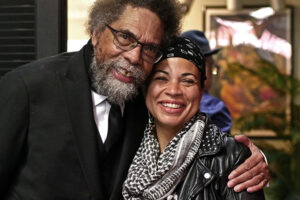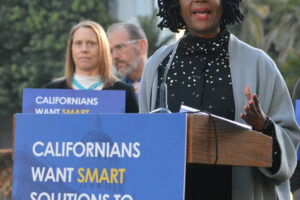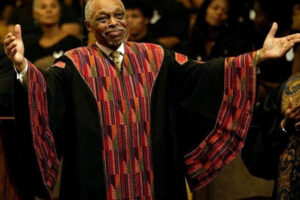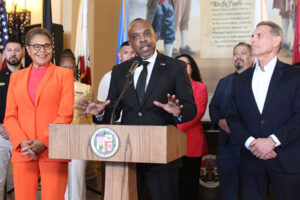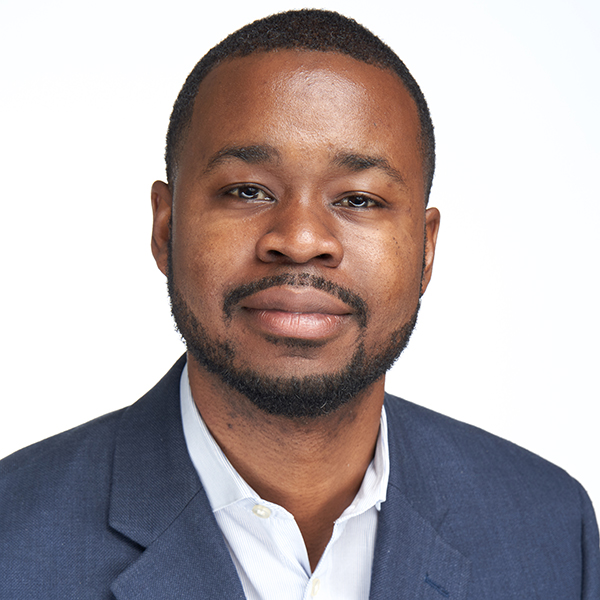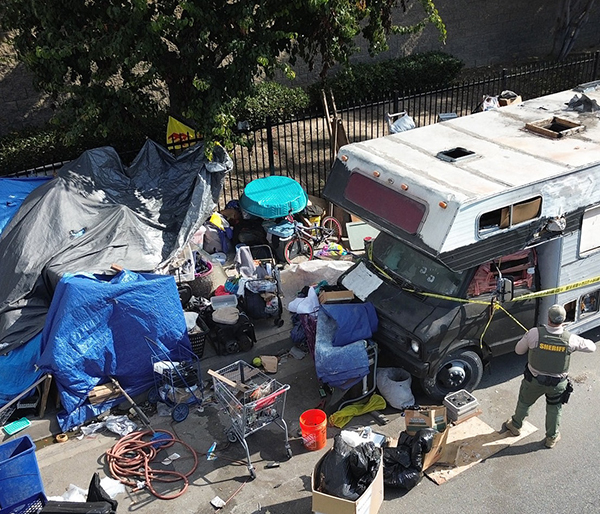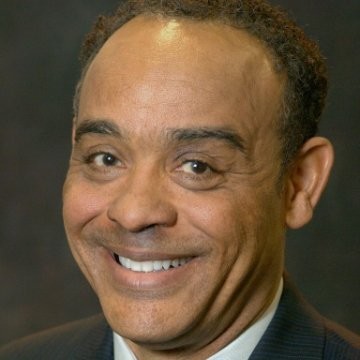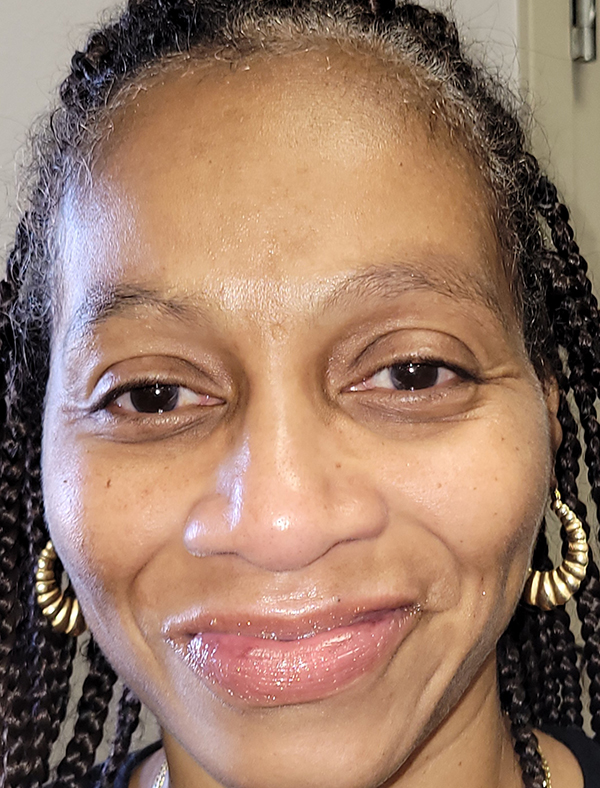By Corey Matthews
Guest Columnist
The rollout for the COVID-19 vaccine has felt like a public health crisis in its own right.
Misinformation and disinformation about efficacy rates and vaccination hesitation and access within communities have run rampant, leading us to a dire case of the haves and the have nots — vaccine edition. It’s enough work trying to get information about the vaccine to folks who express a healthy level of skepticism. Still, it’s very disheartening to find that those who need it most — Black and brown folks, in the most impacted areas, with the highest rates of transmission, hospitalizations and death rates — are just beginning to see real access to the vaccine … two months later.
That is why the Community Coalition and other community-based organizations have stepped up. We got involved because our community members deserved vaccines from which they were systematically being cut off due to technological divides, scattered communications, clunky registration processes and unfair policing of “eligibility.”
Making matters worse has been South L.A.’s invasion of the “vaccine chasers” who are predominantly younger white folks with the time and resources to travel across L.A. County in search of leftover vaccines. They were laissez-faire slapped on the wrist for not meeting eligibility requirements, but they were not turned away from vaccine doses, and no one ever pointed to why there were leftover vaccines in the first place.
Equity would mean that anyone who has to go into work, especially in an hourly wage environment, should be deemed “essential.” From a community perspective, not many of us are in employment sectors that were able to shift to remote and virtual work. The ability to do so provided an essential layer of protection and exposure to coronavirus.
But what about families that are living in multi-generational households? If I’m taking care of my 65-plus grandparent, shouldn’t we both be eligible for vaccination, especially if I have to go into the workplace? What if I don’t work in health care, education or child care, but I work in a warehouse or retail — aren’t I also at risk?
The eligibility criteria were set to define specific categories and leave others out, specifically. Moreover, vaccine sites that run during the day without evening appointments or weekend opportunities put working adults and their families in a bind: miss their vaccination appointment or miss their paycheck.
That certainly doesn’t feel like equity.
I often joked that getting a vaccine in California is like the “Hunger Games.” Finding a slot is the public health equivalent of getting into the hottest club in town on a Friday night — you have to know somebody who knows somebody. Thus, social capital provides some with access to vaccine sites, “private” appointment links, and “heads-ups” on leftover vaccines, overwhelmingly going to affluent white Angelenos.
That leaves more impoverished Black and brown residents to fend for themselves. Or not. And because we don’t have that same access to the vaccine, we are now burdened with permanently navigating a widespread, media-driven narrative that we don’t want vaccines, which is unfair and untrue.
As the Community Coalition and other groups receive opportunities to coordinate with the government at multiple levels to deploy equitable, community-centered models for vaccination, we must be empowered to communicate in ways that resonate with our community. We must be equipped with the right type of information to be used in the correct mediums.
We must ensure that: 1) the registration process is seamless, 2) the hours of operation for vaccine sites support those with limited child and elder care options as well as 3) those with jobs that don’t provide the flexibility to be paid while waiting in line for a vaccine.
We must also be cognizant of how people regard this medical procedure. It is a real shot with an actual needle, after all. Providing warmth and sensitivity to make the community feel good about this critical step towards herd immunity should be a priority.
Most importantly, if we elevate equity as the public health frame, let’s get the vaccines to the communities that bore the brunt of the raging pandemic without questions, eligibility policing, and disinviting processes. That would be equity in action.
We are now burdened with permanently navigating a widespread, media-driven narrative that we don’t want vaccines.
Corey Matthews is the chief operating officer of the Community Coalition, a South Los Angeles nonprofit organization striving to advance racial and economic justice.

